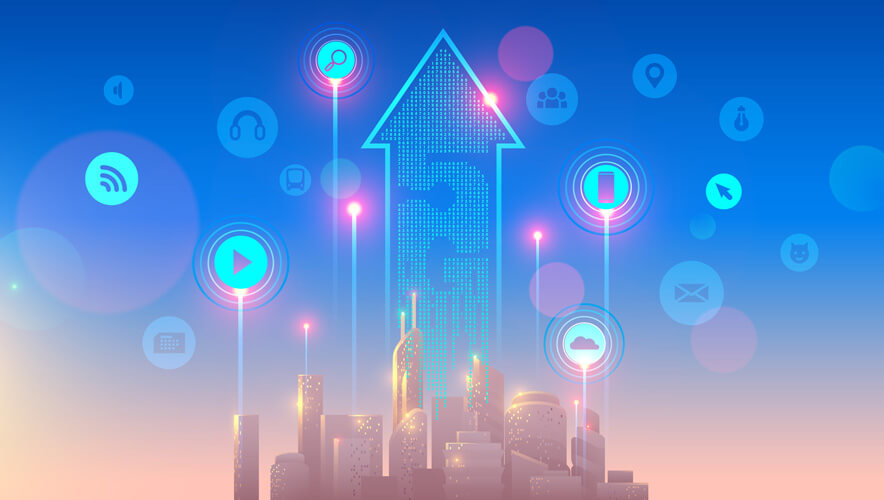Security in a 5G World
The power of 5G can dramatically accelerate the digital transformation of enterprises, consumers, and people in general as utilities of our daily lives are increasingly digitized through trends like mobile medicine, autonomous driving, smart cities, and automated homes.
But this transformation will also lead to an expansion of the attack surface, which will be more vulnerable because these assets will be globally accessible and digital—not analog. Hackers will have the opportunity to gain access or simply disrupt more critical infrastructure and services that society depends on. This means security must be a core component of 5G.
Security has improved with each successive wireless network evolution. For example, with 2G it was possible to intercept mobile phone calls as they passed over the radio waves. From 3G onward, data has been encrypted—making interception much more difficult. And security for 5G will continue this evolution.
More robust security for mobile devices will be accomplished by encrypting signaling traffic; enhancing identity management and authentication frameworks; increasing privacy for subscribers for data traffic, phone calls, and text messages; and providing security assurance to help ensure that network equipment meets security requirements and is implemented only after a secure development and product lifecycle analysis process.
Many 5G business cases will benefit from low latency between end devices and cloud-based applications. This will enable more organizations to move their cloud and computing infrastructure closer to endpoints on the edge of the 5G network. These new architectures and use cases will potentially uncover new threats, which will require greater focus on cloud and endpoint security—as well as advanced threat detection at the edge of the network.
Increasing cyber risks, as well as recent regulation and legislation addressing data privacy and consumer rights, are driving an increase in security maturity. Telecommunications providers will continue to protect their infrastructure and services while providing consumers and companies the tools to secure their respective domains. Companies will increasingly focus on their security hygiene to develop and maintain a strong cyber posture.
Businesses and consumers can also take steps to reduce vulnerabilities posed by this new era of digital transformation. These include using password managers, changing default passwords, using complex passwords, and maintaining a healthy degree of skepticism when dealing with unknown third parties.
Most importantly, we must educate and prepare the next generation of Internet users to be vigilant when online. They will grow up in an increasingly connected world that poses opportunities for connection and attacks.
Alex Schlager is chief product officer, cybersecurity, at Verizon.
